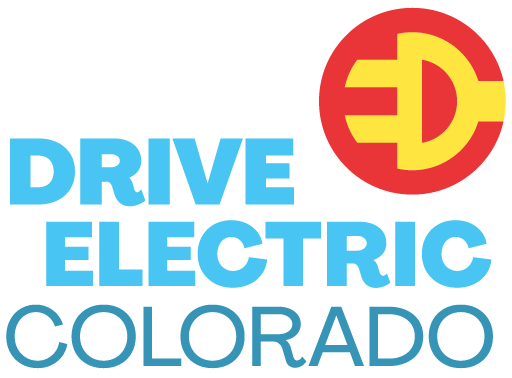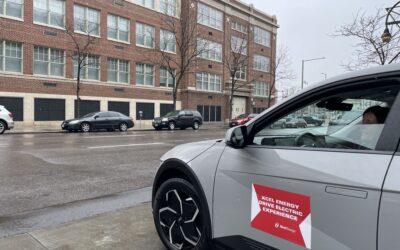To Idle or to Turn Off the Car?
When I got my COVID-19 vaccine, our town had a very efficient method of delivering vaccines to passengers in a drive-through set-up. Once we got the jab, we lined our cars up in a large parking lot to wait for 15 minutes to watch for any adverse effects before getting on with our day. While lined up, I noticed that a significant number of vehicles in the parking lot were idling. I was surprised – idling is not an efficient or healthy alternative to simply turning off your car. So why do people continue to idle?
There is a persistent myth in the U.S. that claims it is better for your car engine and conserves energy usage to keep your car idling rather than turn it off—and yes, we are talking about gas cars here.
“Contrary to popular belief, restarting your car does not burn more fuel than leaving it idling. In fact, idling for just 10 seconds wastes more gas than restarting the engine,” writes the Environmental Defense Fund.1 Likewise, prolonged idling can damage both your car and put a bigger dent in your wallet. You’ll spend much more money on your gas bill from wasted gas while idling and more for engine maintenance, which becomes overused when left on unnecessarily.2 Finally, turning off your engine will reduce the greenhouse gas impact from idled cars, including adding to the Front Range’s increasingly dire Ozone pollution problem.3 According to Oak Ridge National Laboratory, in 2019 the annual U.S. fuel consumption that could be attributed to idling alone was estimated as high as 1.8 billion gallons.4 That’s equivalent to roughly 16 million metric tons of carbon dioxide.5 And according to the Argonne National Laboratory, “eliminating the unnecessary idling of personal vehicles would be the same as taking five million vehicles off the roads.”6

Even during the winter it’s unnecessary to warm up your engine for more than 30 seconds before driving. Today’s engines are made to withstand extreme cold (and more frequent restarts) and are unlikely to break down due to cold weather conditions. The engine actually warms up faster when “at-work,” rather than in park.7 In fact, did you know that idling for more than 5 minutes is illegal in many cities across Colorado? Be sure to check your city’s idling codes to make sure you aren’t breaking the law by idling! Turning off your engine also you to avoid sitting in a cloud of your own car’s exhaust, which is better for your health and doesn’t create a pollution cloud for unsuspecting pedestrians to wander into.
Beyond all else, there is one very simple way to avoid the negative impacts of idling – drive an electric car! In electric cars, you can idle all you want and still avoid spewing exhaust fumes into the local area. Win-win!
Curious to learn more about idling? Check out these fact sheets here and here.
Written by: Sonja Meintsma




